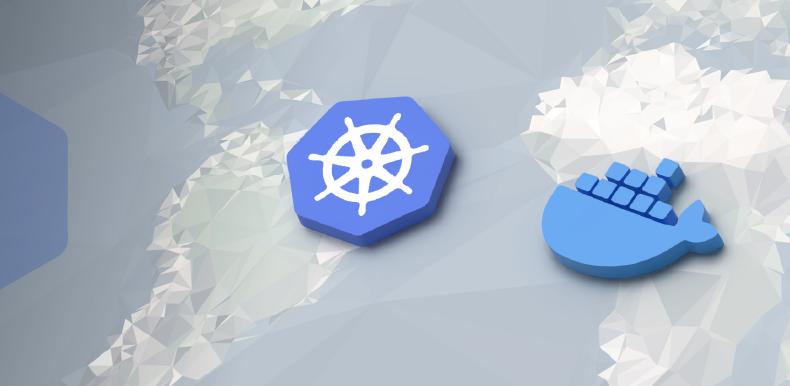
In today’s digital age, it is possible to say that data is king. It fuels innovation, drives economic growth, and shapes our online experiences. But with this vast amount of information comes a great responsibility: protecting data privacy and security. As organizations increasingly operate across borders and collect data from individuals worldwide, navigating the complex field of international data privacy and security regulations can feel like a puzzle.
This blog post will provide you with some tips to navigate this labyrinth. We’ll explore the key regulations, best practices, and challenges associated with international data privacy and security, empowering you to make informed decisions and build trust with your customers.
A tapestry of regulations
The world of data privacy and security is a patchwork quilt, with each region boasting its own set of regulations. Some of the most prominent include:
- General Data Protection Regulation (GDPR): The GDPR is a regulation in EU law on data protection and privacy in the European Union (EU) and the European Economic Area (EEA).
- California Consumer Privacy Act (CCPA): The CCPA is a law that gives California residents control over their personal data.
- Lei Geral de Proteção de Dados Pessoais (LGPD): The LGPD is a Brazilian law that regulates the processing of personal data.
These regulations, along with many others, have unique scopes, definitions, and requirements. Keeping up with the ever-changing regulatory landscape can be a daunting task.
Best practices for data privacy and security
Despite the regulatory complexities, there are fundamental best practices that any organization can adopt to strengthen its data privacy and security posture. First of all, use a minimalist approach; collect only the data necessary for your intended purpose. Don’t hoard information you don’t need. Second of all, implement robust security measures to safeguard data from unauthorized access, use, disclosure, disruption, modification, or destruction. Think of strong passwords, encryption, and regular security audits. Additionally, make sure you are transparent; be upfront with individuals about how their data is collected, used, and shared. Clear and concise privacy policies are key. Last, but not least, empower individuals with the ability to access, rectify, erase, and restrict the processing of their data. Uphold their right to control their information.
The challenges of compliance
Complying with international data privacy and security regulations can be a challenge due to several factors. One of them is that the specific requirements of each regulation can differ significantly. A one-size-fits-all approach simply won’t work. In addition to this, moving data across borders may require additional steps, such as obtaining consent or implementing data localization measures. Having limited resources can also be a challenge. Organizations, especially smaller ones, may struggle with resource constraints in keeping up with the evolving regulations and implementing necessary compliance measures.
The roadmap to success in data protection and privacy
Navigating the labyrinth of international data privacy and security requires a proactive and strategic approach. Here are some key steps you can take:
- Conduct a data privacy and security risk assessment: Identify and assess the risks associated with how you collect, use, and store personal data.
- Develop a comprehensive data privacy and security program: Implement policies, procedures, and technical safeguards to address the identified risks and comply with applicable regulations.
- Engage with legal and data privacy experts: Seek guidance from qualified professionals to ensure your compliance efforts are aligned with the ever-changing regulations.
Beyond compliance: building trust
Data privacy and security are not just about ticking compliance boxes. They are essential elements of responsible data stewardship. Here are some additional considerations:
- Foster a culture of data privacy within your organization. Ensure all employees understand their role in protecting personal data.
- Regularly review and update your data privacy and security policies, procedures, and technical safeguards to reflect changes in regulations and best practices.
- Be transparent with individuals about how their data is collected, used, and shared. Hold yourself accountable for complying with data privacy regulations.
By embracing these recommendations, you can tackle the complexities of international data privacy and security with confidence. You’ll protect valuable data, build trust with your customers and partners, and solidify your position as a responsible data steward in the digital age. Remember, data privacy and security are not just challenges, but opportunities to build stronger relationships and foster a more trustworthy online environment.








